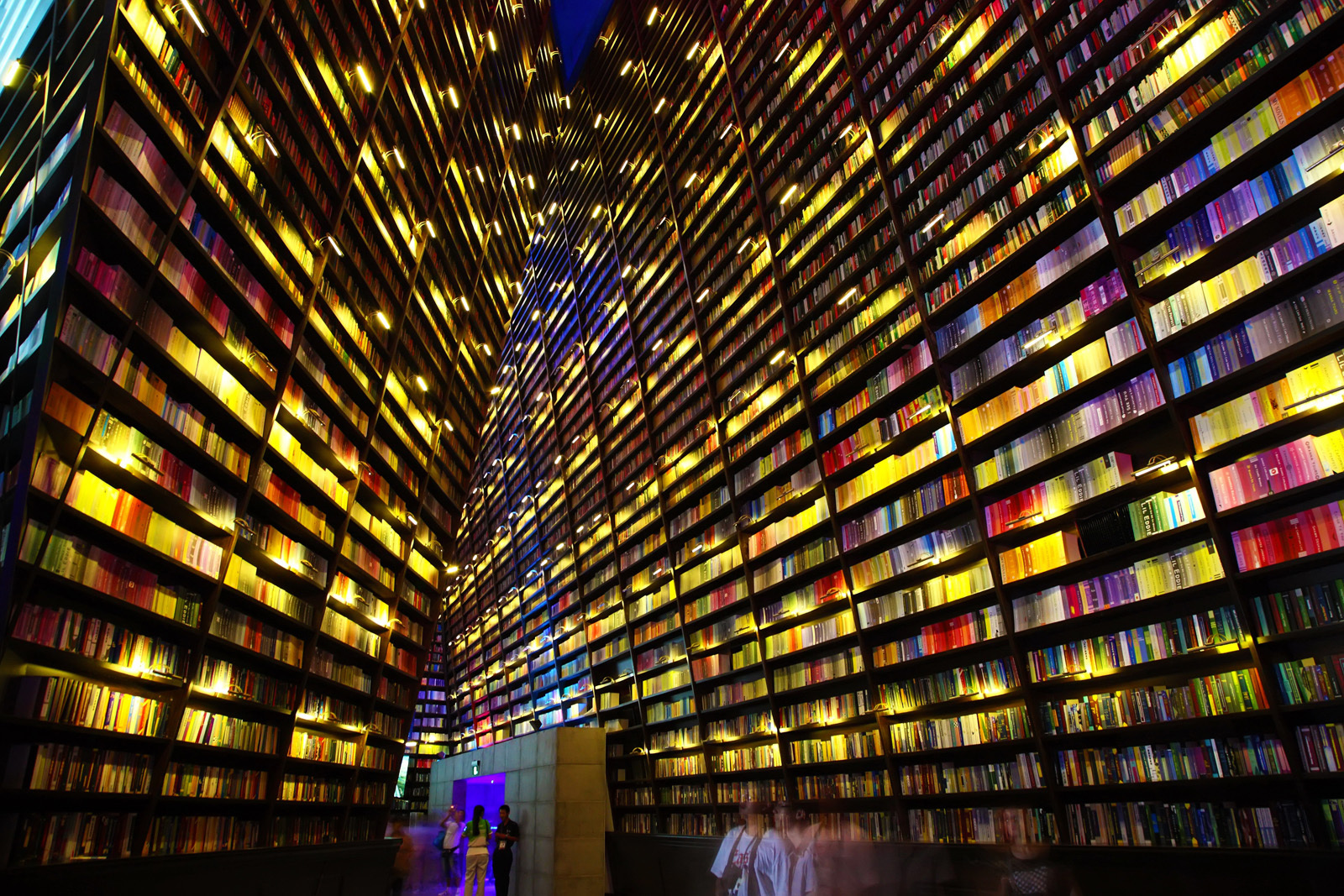Reports highlight growing value of cultural, creative industries

Cultural and creative industries contribute to economic development by creating more jobs, encouraging capital flow and stimulating diversified economic development.
Culture and creativity have long been hailed as links connecting our past, present and future. However, cultural and creative industries are more than that. They are also catalysts for sustainable social and economic development. Two recent reports published by UNESCO, “Cultural Time: The First Global Map of Cultural and Creative Industries” and “The Globalization of Cultural Trade: A Shift in Consumption—International Flows of Cultural Goods and Services 2004-2013” employed the scientific method to assess the global development of cultural and creative industries to evaluate their impact on sustainable economic development worldwide.
“Culture Time” points out that the service industry has become increasingly significant to the world economy, accounting for more than two-thirds of the global GDP. Furthermore, cultural and creative industries contribute to economic development by creating more jobs, encouraging capital flow and stimulating diversified economic development.
The development of this sector and the economic growth are intertwined, said Catriona Kelly, from the Department of Medieval and Modern Languages at the University of Oxford. Kelly is one of the organizers of the academic forum Cultural Economies and the Contemporary Moment, which was held on March 18.
She said that it is vital to understand “the relationship of culture and economy, from traditional areas of study, such as patronage, to the connections with economic facilitators, such as publishers and agents, and in later periods, funding by the state—as well as its disappearance—and the effects that this had on cultural production.”
She said scholars, policymakers and the general public should reflect on the value of cultural capital as well as the intrinsic relationship between art forms and market liquidity. Government support, such as government subsidies and preferential policies, is vitally important for the development of cultural and creative industries.
Following in the footsteps of the German sociologist Max Weber, a number of economists have started to research the macroeconomic value of culture, acknowledging that economic factors alone are not sufficient to explain why some countries developed rapidly while others did not.
Andrew Thompson, a history professor at the University of Exeter, wrote in an article titled Culture is Not a Luxury, It is an Economy’s Bread and Butter published on website of The Conversation that there is a need to accurately understand cultural value. He said that stressing the intrinsic value of culture risks separating culture from the economy, but the instrumental value of culture, such as generating income and creating jobs, cannot be overemphasized either.
According to UNESCO Institute for Statistics, in recent years, exports of cultural products from emerging markets have grown. In 2013, the export value of cultural products from China reached $60.1 billion, ranking first in the world, and the United States ranked second with $27.9 billion.
Thompson contends that the time is ripe to “develop a very different type of dialogue about the relationship between culture and the economy.”
“Cultural Times” proposed to develop the cultural and creative industries through cultivating talent in this field. “Behind this massive aggregate of impressive figures, there are individual creators.”
Rebecca Tipton, from the Languages, Cultures and Arts Department at the University of Manchester, said that the training of cultural and creative talent requires the joint efforts of teaching institutions and the government. The increase of governmental funding will not only promote the development of the cultural and creative industries, but also be conducive to research and teaching.
Zhao Yuan is a reporter at the Chinese Social Sciences Today.
